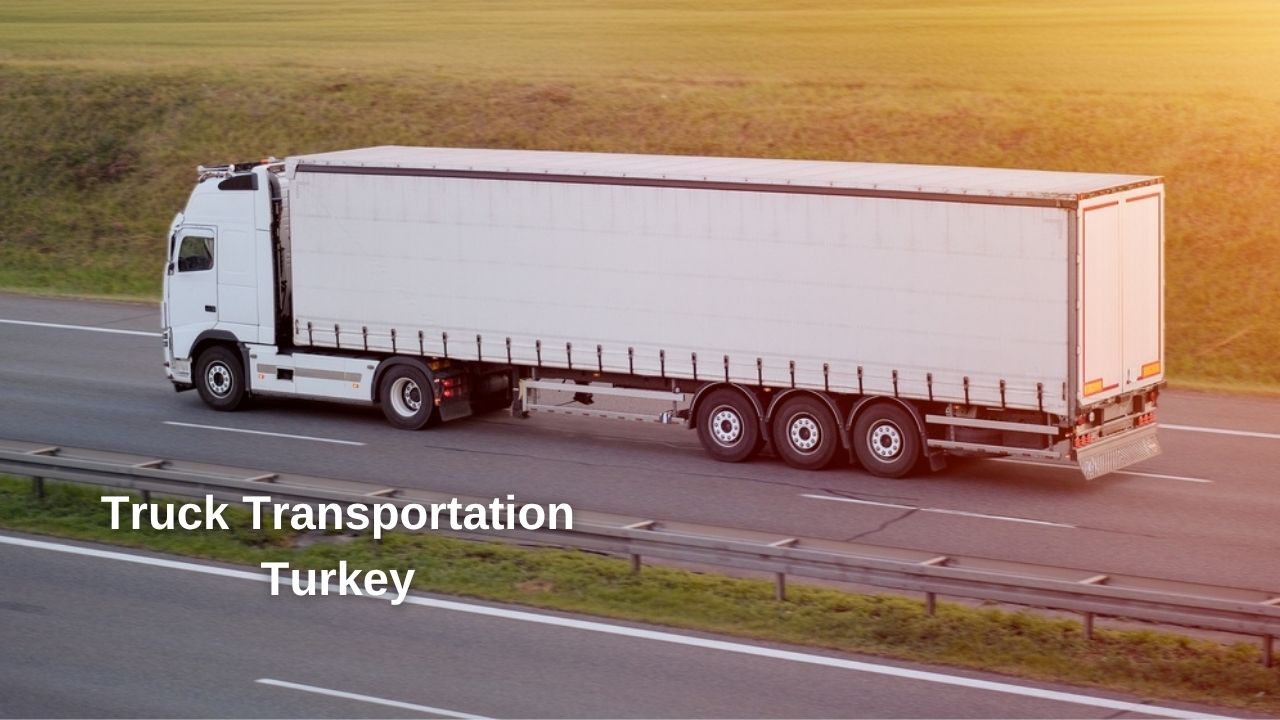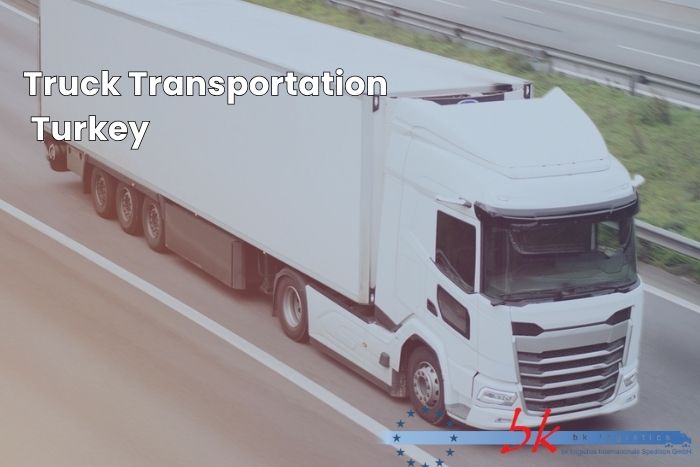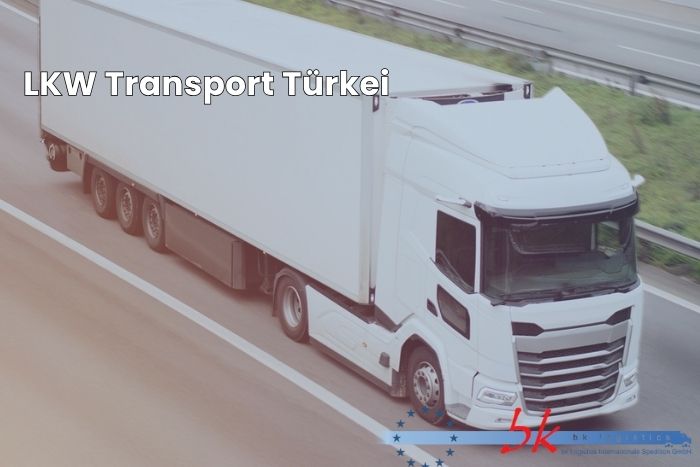News
Truck Transport Turkey
Table of Contents
- How Is Truck Transportation Done in Turkey?
- Why Is Truck Transportation Preferred in Turkey?
- How Does Freight Transportation by Truck from Turkey to Europe Work?
- Which Industries Use Truck Transportation the Most?
- What Should Be Considered When Choosing a Truck Fleet in Turkey?
- How Do Customs Processes Work in Truck Transportation?
How Is Truck Transportation Done in Turkey?
Truck transportation is a cornerstone of production and distribution networks across Turkey. The process begins with the sender’s planning. The appropriate vehicle is selected based on the load’s characteristics, and the route is optimized. The chosen route is critical for timely delivery and fuel efficiency.
The road network provides seamless access to different cities and regions. For intra-city and inter-city distribution, trucks ensure safe and fast delivery to the destination. In international transportation, transit permits, customs procedures, and border regulations are considered.
During loading and unloading, the principle of damage-free delivery is prioritized. Tracking systems in vehicles allow the load to be monitored throughout the shipment. These systems enable companies to manage logistics operations more effectively.
Truck transportation is particularly preferred for time-sensitive loads. Turkey’s integrated logistics network enhances the functionality of this method. Road transportation, with its extensive fleet and flexible planning, holds a significant position in the industry.
Why Is Truck Transportation Preferred in Turkey?
Truck transportation is one of the most common logistics methods in Turkey for moving goods inter-city and internationally. The well-developed road infrastructure makes truck transportation fast and accessible, offering easy connections to strategic points like ports, industrial zones, and border crossings.
The expectation of on-time delivery drives companies to seek flexible and reliable solutions. Trucks can deliver directly from production facilities to destinations, eliminating the need for transfers, which provides both cost and time advantages.
The ability to accommodate various load types is also a key factor. Transportation needs in industries such as food, textiles, chemicals, and construction are efficiently met by trucks.
Shipments can be monitored using digital systems for load tracking, enabling healthier planning for businesses. Truck transportation has become a preferred method in both domestic and export processes due to its fast, cost-effective, and flexible structure.

How Does Freight Transportation by Truck from Turkey to Europe Work?
Freight transportation by truck from Turkey to Europe relies on a planned and documented logistics process. First, a transportation plan is prepared based on the load type, quantity, and destination country. Then, the appropriate vehicle is selected, and the route is determined, considering timing, fuel efficiency, and border crossing durations.
In international transportation, driver documents, CMR documents, transit permits, and transportation contracts are prepared to ensure legal compliance. Customs procedures are meticulously carried out at both Turkey’s departure and Europe’s entry points. The declaration process is particularly important for export goods.
Exits are made through border gates like Kapıkule, Hamzabeyli, and İpsala. Routes are shaped based on the destination country in Europe. Some shipments involve transit through multiple countries, requiring complete transit documents.
Throughout the shipment, GPS-based systems allow vehicle tracking, ensuring transparent and secure management. Given the trade volume between Turkey and Europe, truck transportation stands out as an effective and dynamic logistics solution.
Which Industries Use Truck Transportation the Most?
Truck transportation is widely preferred to meet the logistics needs of various industries. It is heavily used in the retail and fast-moving consumer goods sectors. Product supply, distribution, and in-store logistics for retail chains are largely managed through this system.
The food industry is a major user. Refrigerated trucks ensure the safe transport of perishable goods. Agricultural products are also transported from fields to processing facilities or warehouses using this method.
The construction industry relies heavily on road transportation for delivering heavy and bulky materials to construction sites. Materials like cement, iron, and bricks are typically transported by truck.
In the automotive industry, it is used for parts transportation and vehicle distribution. Additionally, textiles, chemicals, and electronics sectors frequently utilize truck transportation.
This method’s ability to offer vehicle options suited to different load types and flexible planning makes it vital across diverse industries. It provides an effective logistics solution for timely and secure delivery of goods.
What Should Be Considered When Choosing a Truck Fleet in Turkey?
Choosing a truck fleet is critical for the efficiency of logistics operations. The vehicle capacity must match the load’s characteristics. Different body types are preferred for voluminous or heavy goods, while sensitive products may require specially equipped vehicles.
The fleet’s age and technical condition are key evaluation criteria. Newer model vehicles offer fuel efficiency and lower breakdown risks, minimizing operational disruptions. Vehicles with a regular maintenance history provide long-term cost advantages.
Vehicle safety features are also important. Braking systems, load-securing equipment, and monitoring technologies enhance driving safety and ensure damage-free delivery.
Compliance with environmental regulations and emission standards should also be considered, especially for transportation to Europe, where these criteria are critical.
A fleet structure that meets operational needs, has high technical adequacy, and contributes to sustainability ensures stability and quality in transportation services.
How Do Customs Processes Work in Truck Transportation?
In international shipments via truck transportation, customs processes must be carefully managed at both the departure and destination countries. The process begins with preparing the necessary documents, including invoices, waybills (CMR), packing lists, and export declarations.
Goods classification starts with determining the correct GTIP codes. A customs consultant or logistics firm submits the declaration electronically to the customs system. The process is then initiated at the customs office linked to the exporting company.
The load may undergo inspection at the customs area. If no discrepancies are found in the documents or physical inspection, departure approval is granted. Transit documents are prepared at border gates, allowing the shipment to proceed abroad.
At the destination country, import procedures begin, managed by the recipient’s customs representative. Complete and swift customs processing ensures uninterrupted transportation. Managing these processes with expert teams is crucial for seamless logistics flow.



